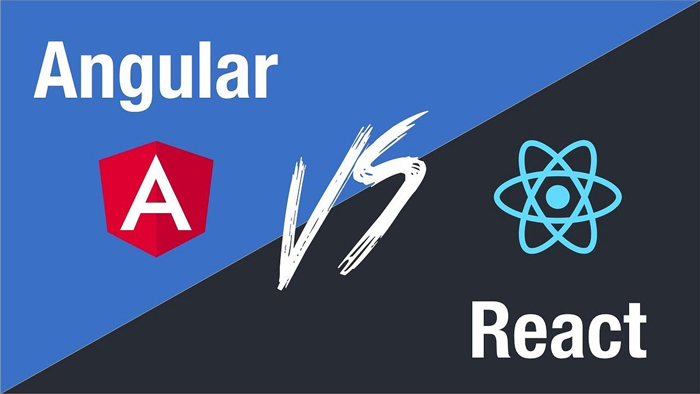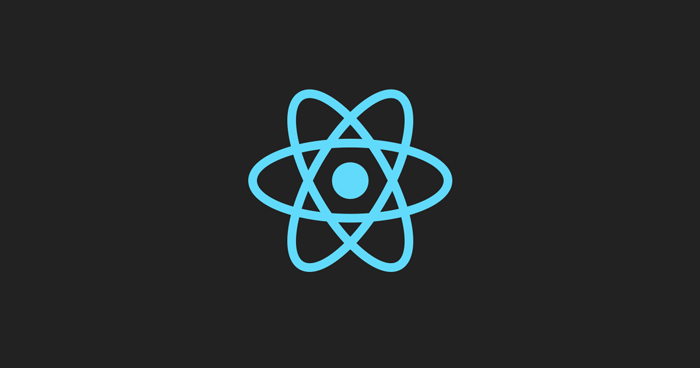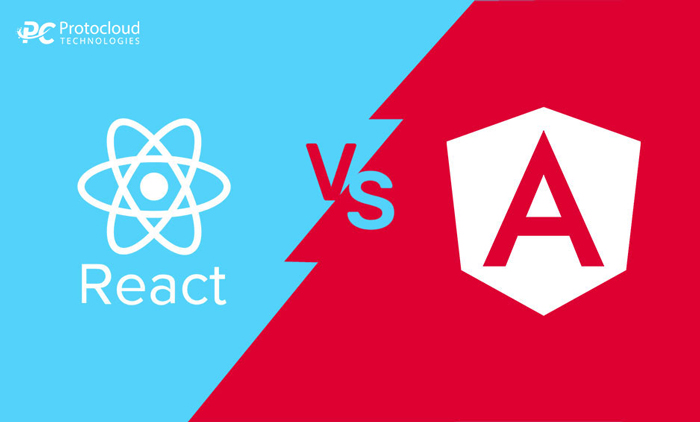Angular vs React: Two of the most well-liked and widely used JavaScript front-end frameworks are Angular and React. Powerful and adaptable, each of Angular and React has advantages and disadvantages. React has gained popularity recently because it is straightforward and simple to use, even though Angular has been around longer and has a larger community. We will examine the parallels and discrepancies between Angular and React in this article.
Describe Angular
The Google-developed Angular framework is used to build front-end web applications. It was initially released in 2010, and since then, several significant revisions have been made. The foundation of Angular is TypeScript, a JavaScript variant that is statically typed and intended to simplify the development of complex application development. Because of its extensive feature set and propensity for building intricate, dynamic web applications, Angular is well-known.
What is React?
For creating user interfaces, React is a front-end JavaScript library. It was created by Facebook in 2011 and has since grown to be one of the most used front-end libraries. React is renowned for being straightforward and user-friendly. It enables programmers to make components that can be reused on numerous web pages or in software applications.
Angular vs React: Similarities
Both Angular and React are front-end JavaScript frameworks or libraries that are designed to simplify the development process. Here are some of the similarities of Angular vs React:
Component-based architecture: Both Angular and React use a component-based architecture. This means that developers can create reusable components that can be used across multiple pages or applications.
Virtual DOM: Both Angular and React use a virtual DOM (Document Object Model). The virtual DOM is a representation of the actual DOM in memory, and changes made to the virtual DOM are faster than directly manipulating the actual DOM.
Reactive programming: Both Angular and React support reactive programming, which makes it easier to build applications that respond to user input.
Open-source: Both Angular and React are open-source frameworks and libraries, which means that developers can use them for free and contribute to their development.
Angular vs React: Differences
While there are many similarities between Angular and React, there are also some key differences that set them apart. Here are some of the differences between the two:
Language: Angular is based on TypeScript, while React uses plain JavaScript. TypeScript is a superset of JavaScript that adds some additional features such as strong typing and object-oriented programming concepts.
Learning curve: Angular has a steeper learning curve compared to React. This is because Angular has a lot of features and concepts to learn, such as dependency injection, modules, and services.
Architecture: Angular has a more opinionated architecture compared to React. Angular follows the Model-View-Controller (MVC) pattern, while React follows a more flexible approach where the architecture is up to the developer.
Performance: React is known for its better performance compared to Angular. This is because React uses a virtual DOM which makes it faster to make changes to the DOM.
Community: Angular has a larger community compared to React. This means that there are more resources, tutorials, and support available for Angular developers.
Tooling: Angular has a rich set of built-in tools that make it easier to build complex applications, while React relies on third-party libraries and tools for features such as routing and state management.
Read More: page speed services
Choosing between Angular and React
When choosing between Angular vs React, it is important to consider the requirements of your project and the skills of your development team. Angular is a good choice for large-scale, complex applications that require a lot of features and are expected to be maintained for a long time. React is a good choice for smaller applications that require high performance, simplicity, and ease of use.
Conclusion; Angular vs React
Angular and React are two of the most popular front-end JavaScript frameworks and libraries. While they share some similarities, they also have key differences that set them apart. When choosing between Angular vs React, it is important to consider the requirements of your project, the skills of your development team, and the benefits and drawbacks of each framework.


